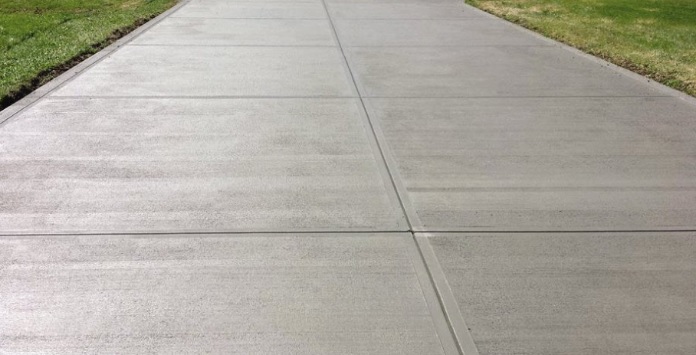Concrete Sealer Nano Technology
The truth about Nano Technology and concrete sealers. According to Nano.gov, nanotechnology is the application of extremely small things and can be used across all the other science fields, such as chemistry, biology, physics, materials science, and engineering. “Everything on Earth is made up of atoms—the food we eat, the clothes we wear, the buildings…
Read more

